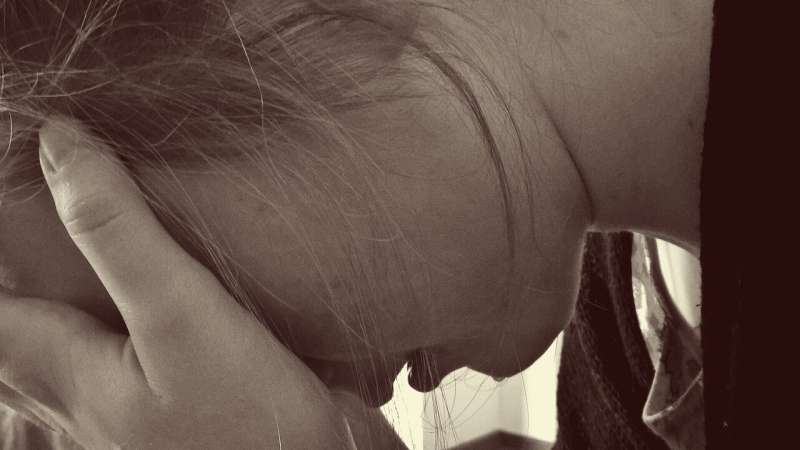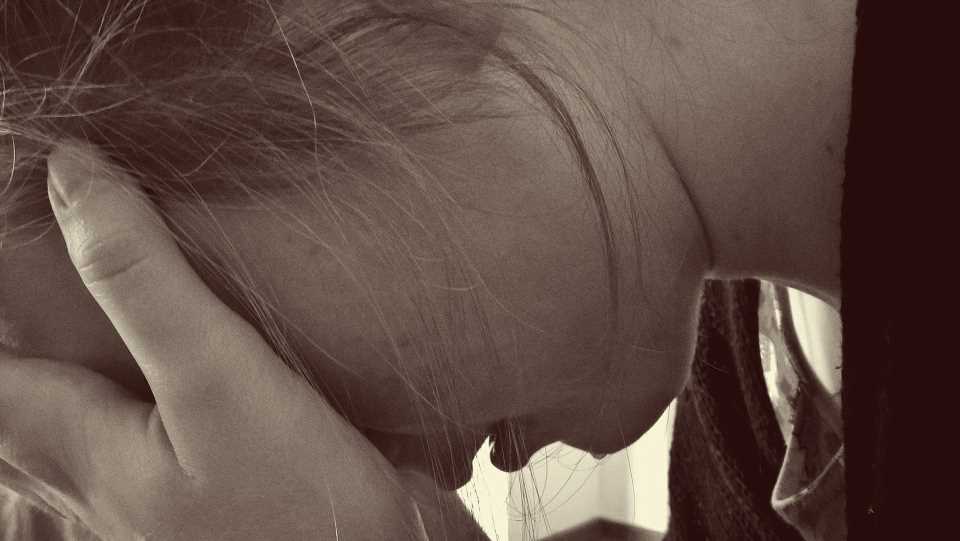
High suicide risk, specifically among young Black gay, bisexual and other sexual minority men, may be associated with structural racism and anti-LGBTQ policies, according to a new Rutgers study.
The study, published in the Journal of Research on Adolescence special issue “Black Lives Matter!: Systems of Oppression Affecting Black Youth Special Series: Dismantling Racism and Systems of Oppression,” examined how structural oppression and anti-LGBTQ policies in individual U.S. states intersect and can predict suicide risk.
“Our research suggests that structural oppression is a matter of life and death for young Black sexual minority men,” says lead researcher Devin English, assistant professor at the Rutgers School of Public Health. “The data indicates that racist and anti-LGBTQ U.S. state policies, like those that discriminate against Black and LGBTQ communities in housing, incarceration and economic opportunity, are linked to higher risk for suicide for these young men.”
The researchers assessed a group of 497 Black and 1,536 white gay, bisexual, and other sexual minority men between the ages of 16 and 25, compiled from a 2017–2018 internet-based U.S. national survey. While studies indicate that suicide rates among Black youth are increasing at higher rates than any other racial/ethnic community in the U.S., suicide among Black sexual minority youth is largely under researched.
The researchers found anti-Black and anti-LGBTQ policies linked to inequities in states’ housing, education, incarceration, and economic opportunity among Black and LGBTQ communities are associated with suicide risk factors, such as depressive symptoms, heavy drinking, perceived burdensomeness, thwarted belongingness, suicidal ideation, self-harm and suicide attempts among young Black sexual minority men.
The researchers also found neither form of oppression nor their interaction were associated with suicide risk among young white sexual minority men.
“This study’s results highlight how white sexual minority men are often protected from the negative impact of anti-LGBTQ policies,” says Cheriko A. Boone, study coauthor from The George Washington University. “For far too long Black queer people have been left behind in terms of health- and socioeconomic-related outcomes, while white queer people are shielded against discrimination, particularly in states where there’s a perfect storm of anti-Black racism and anti-LGBTQ discrimination,” Boone said.
Source: Read Full Article
